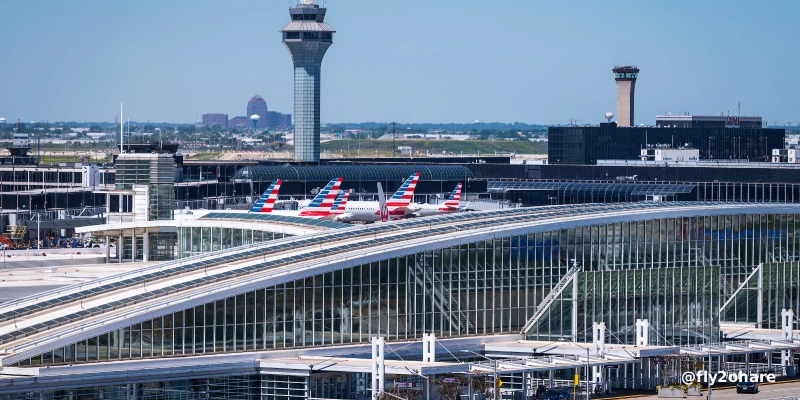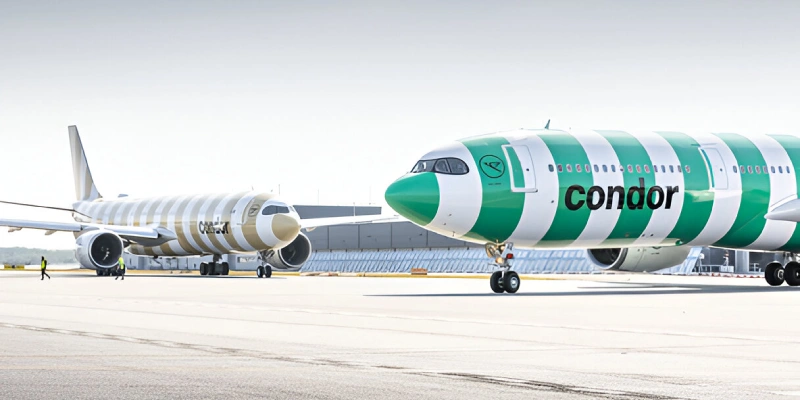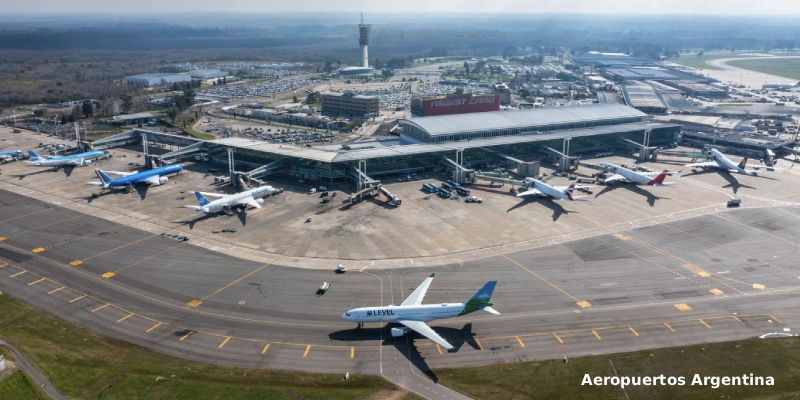Turkish Airlines stated on Monday that it estimates the bottlenecks in Pratt & Whitney engine repairs—which have kept dozens of Airbus aircraft grounded for months—will continue, at least, until mid-2027.
Over 40 Aircraft Grounded and a Lengthening Wait
The company’s Chief Financial Officer, Murat Seker, revealed during a conference of the International Society of Transport Aircraft Trading (ISTAT) that the problem shows no signs of short-term improvement.
Turkish Airlines will end 2025 with 45 Airbus aircraft out of service, after starting the year with 35 units immobilized due to prolonged maintenance wait times.
“Next year will continue in the same manner,” Seker anticipated, highlighting that the repair delays are keeping a significant number of aircraft grounded for long periods.
During the past year, the average was 40 aircraft from the Airbus A320neo family out of operation, a figure that reflects the magnitude of the impact the maintenance crisis is having on the airline’s operational capacity.
→ Turkish Airlines Rules Out Increasing Its Stake in Air Europa
A Problem Affecting the Entire Industry
Turkish Airlines is not the only company hit by the delays. Other European airlines, such as Wizz Air, have also suffered disruptions for the same reasons.
The average repair time for Pratt & Whitney engines is around 200 days, which has generated additional pressure on operations and revenue.
Seker noted that, despite the difficulties, Pratt & Whitney, a subsidiary of the American group RTX Corp, has offered Turkish Airlines “reasonable compensation” for the delays.
RTX Promises Improvements, but the Pace Remains Slow
From the manufacturer’s side, Chris Calio, Chief Executive Officer of RTX Corp, assured during a conference in September that the number of aircraft grounded due to engine issues has stabilized and that a progressive decrease is expected in the coming months.
Even so, he acknowledged that “we clearly have more work to do” and anticipated that the volume of Maintenance, Repair, and Overhaul (MRO) services will grow by 30% year-on-year.
Domino Effect: Higher Fares and More Expensive Parts
The shortage of operational engines has had a direct effect on the air travel market.
According to industry sources, the lack of available units has driven an increase in airfares and made spare parts more expensive. This situation has complicated negotiations between airlines and maintenance providers, creating tensions throughout the supply chain.
Turkish Airlines Bets on Fleet Renewal
Despite the difficulties, Turkish Airlines is moving forward with its expansion plans.
In September, the company announced an agreement with Boeing for up to 225 aircraft, including 150 of the 737 MAX model.
However, the deal still depends on the signing of the engine contract with CFM International, a Franco-American joint venture.
With information from Reuters.
Related Topics
Middle East Airport Crisis: Infrastructure Attacks, Massive Operational Disruption, and Thousands of Travelers Stranded
FAA Proposes Flight Reductions at Chicago O’Hare to Avert Summer Operational Collapse
Condor to Move Operations to Frankfurt Airport’s New Terminal 3 in 2027
Argentina: Ezeiza Airport Launches Investment Plan Exceeding US$100 Million to Expand Operational and Logistical Capacity

Plataforma Informativa de Aviación Comercial con 13 años de trayectoria.




